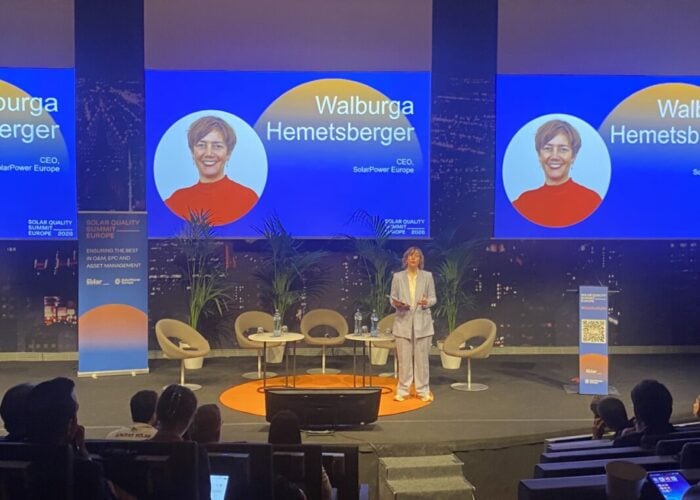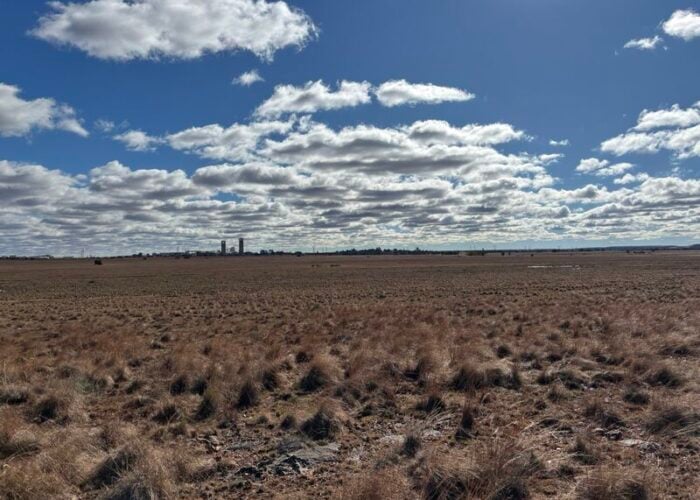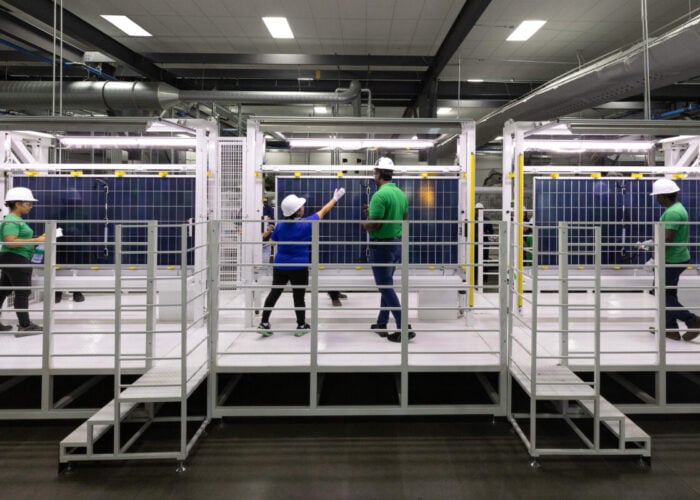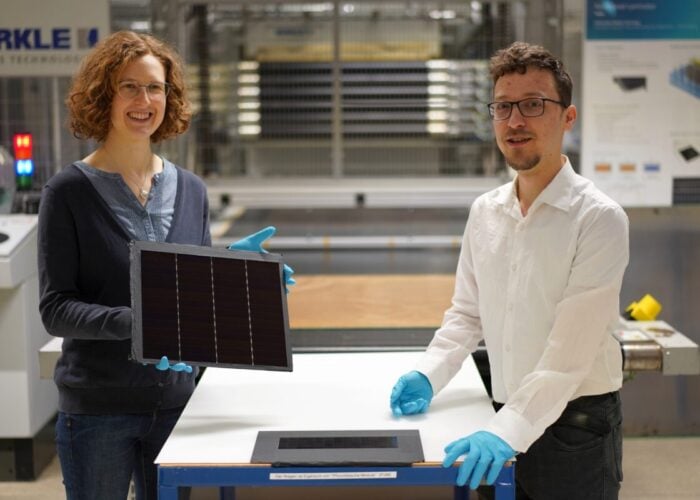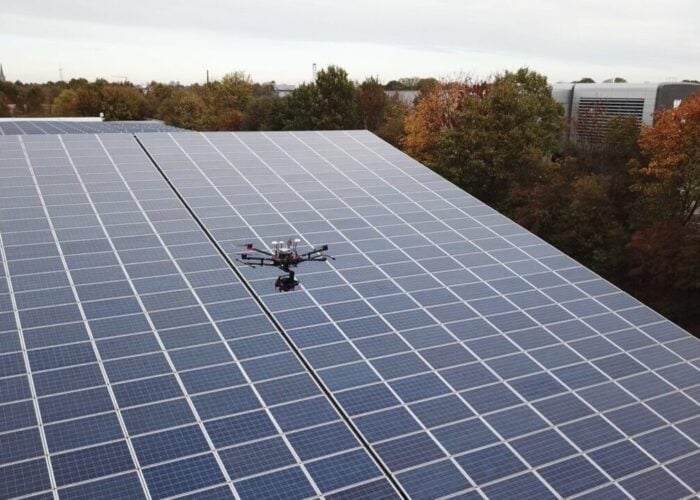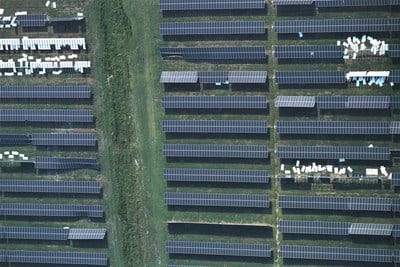
More than 315 clean energy companies in the US have called on the country’s International Code Council (ICC) to reject a proposal from the Federal Emergency Management Agency (FEMA) that would see solar projects categorised as high risk structures.
The proposed FEMA change to the 2024 International Building Code (S76-22) would require solar, storage and wind projects to meet Risk Category 4 requirements (which are the case for hospitals, fire and police stations), meaning solar plants would need to be built to withstand earthquakes, hurricanes and other natural disasters.
Try Premium for just $1
- Full premium access for the first month at only $1
- Converts to an annual rate after 30 days unless cancelled
- Cancel anytime during the trial period
Premium Benefits
- Expert industry analysis and interviews
- Digital access to PV Tech Power journal
- Exclusive event discounts
Or get the full Premium subscription right away
Or continue reading this article for free
Instead, Solar Energy Industries Association (SEIA) has put forth a compromise proposal that includes an “important carve-out for solar projects” to be designated as Risk Category 2.
Improving grid resilience through strengthening project builds is the purpose of the proposed changes but SEIA said the proposals would actually reduce grid resilience as fewer projects would be built under the proposed framework given the higher construction costs.
“The stated goal of FEMA’s proposal is increased grid reliability, but when you needlessly make it harder to build resilient clean energy, the obvious effect is a reduction in reliability,” said Abigail Ross Hopper, president and CEO of SEIA, which recently slammed the proposals as “a complete mess”.
The clean energy companies wrote to ICC Governmental Member Voting Representatives to express their “deep concern” around the proposals which they said could “negatively impact the deployment of job-creating clean energy projects nationwide”.
“Proposal S76-22 is written by structural engineers, not grid reliability experts with experience in the core factors of grid resiliency and the interaction of the power generating facility and transmission and distribution systems; both of which are unrelated to structural design,” read the highly critical letter, which can be viewed here.
“Approximately 95% of large-scale ground-mounted PV facilities are designed, permitted, and inspected as risk category one,” the letter continued. “FEMA Proposal S76-22 would increase the risk category to four, thereby increasing required wind loads by roughly 33% and seismic and snow loads by roughly 50%.
“For hurricane-prone regions or regions with high snow loads, this means projects could be deemed economically unviable; mainly due to a lack of PV modules tested and rated for those higher loads and also for increased equipment needed.”
The voting period for ICC members runs from 17 October – 1 November.


